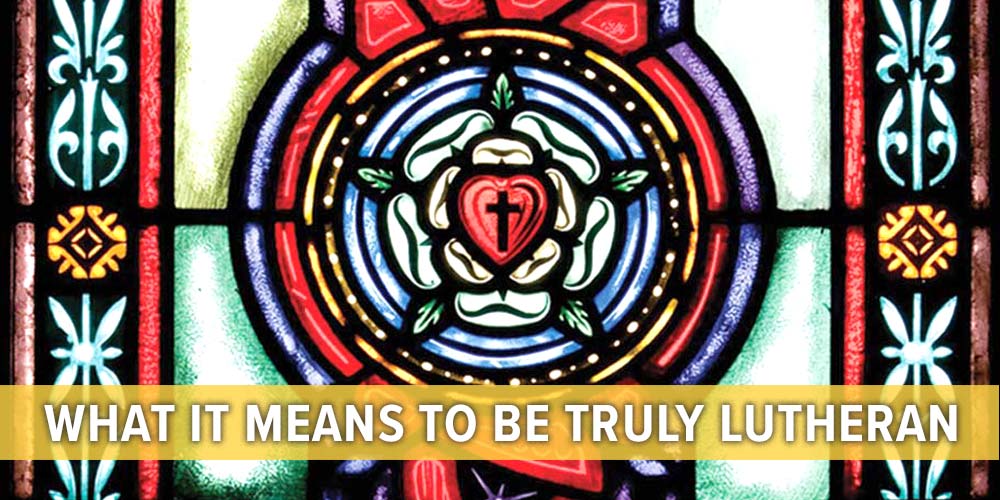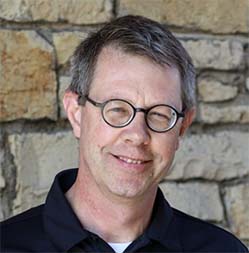 |
Priests in the Middle Ages had two primary tasks: Correctly perform the sacraments of the church to earn God’s grace on behalf of the people and listen to confession. The people were required to confess all their sins to the priest at least once a year. Priests had to learn how to cajole people into remembering all their sins. They also had to investigate and probe the circumstances and motives of those sins to know what earthly punishments the person had to perform. The priests had to be spiritual detectives. And they knew everyone’s secrets.
This wasn’t the only problem among clergy at the time of Luther. Some of the more radical reform movements had self-proclaimed, self-appointed preachers. They took on the duties of spiritual leadership without being properly called to do so.
Truly Lutheran public ministers of the gospel are called to serve God’s people with the gospel. First, they are properly called to do this work. Individually, every Christian has the right and privilege to “declare God’s praises” (1 Peter 2:9,10) and every Christian can forgive sins (John 20:19-23). But when Christians gather together around the Word and sacraments, someone who is gifted and trained needs to be called to serve the group with the Word and sacraments. Otherwise, disorder could result (1 Corinthians 14:33,40). The Augsburg Confession stated the point succinctly and clearly. “It is taught that no one should publicly teach, preach, or administer the sacraments without a proper [public] call” (Article XIV). The Bible teaches that the Holy Spirit is calling public ministers of the gospel through the church’s call (Acts 20:28).
Second, truly Lutheran public ministers are called to proclaim the Word faithfully and administer the sacraments rightly. Pastors and other public ministers of the gospel are not spiritual detectives, entertainers, or corporate executives. They are not to act as dictators in the church (1 Peter 5:1-3). They are simply servants of Christ whose name they proclaim, and servants of Christ’s people whose blood purchased them as his people. That’s why the qualifications Paul listed for public spiritual leadership emphasize a Christian character that won’t be an obstacle to the gospel. He wrote that a spiritual leader should “be above reproach, faithful to his wife, temperate, self-controlled, respectable, hospitable . . . not given to drunkenness, not violent but gentle, not quarrelsome, not a lover of money” (1 Timothy 3:2,3). These qualified public ministers are called to use the Word and sacraments for the spiritual benefit of those whom they are called to serve. So they also need to be “able to teach” (1 Timothy 3:2).
Truly Lutheran public ministers of the gospel need to know the Word and know how to communicate the Word. That’s why Luther encouraged, “Pray diligently, as Christ Himself commands us to pray (Matthew 9:38), that God may grant us faithful laborers and pastors who are sincere and adhere to the Word” (Luther’s Works, Vol. 28, p. 62).
This is the last article in a 14-part series on key doctrinal emphases that Luther brought back to light through his Reformation.
Author: Joel Otto
Volume 104, Number 11
Issue: November 2017
- What it means to be truly Lutheran: Public ministers of the gospel are called to serve
- What it means to be truly Lutheran: The church is believers in Jesus
- What it means to be truly Lutheran: God’s different work in two kingdoms
- What it means to be truly Lutheran: Vocation: Serving God and others
- What it means to be truly Lutheran: Faith-produced good works
- What it means to be truly Lutheran: Living a life of repentance
- What it means to be truly Lutheran: Lord’s Supper
- What it means to be truly Lutheran: Baptism
- What it means to be truly Lutheran: The means of grace
- What it means to be truly Lutheran: Faith alone
- What it means to be truly Lutheran: Grace alone
- What it means to be truly Lutheran: Original sin
- What it means to be truly Lutheran: The distinction between law and gospel
- What it means to be truly Lutheran: Scripture alone






